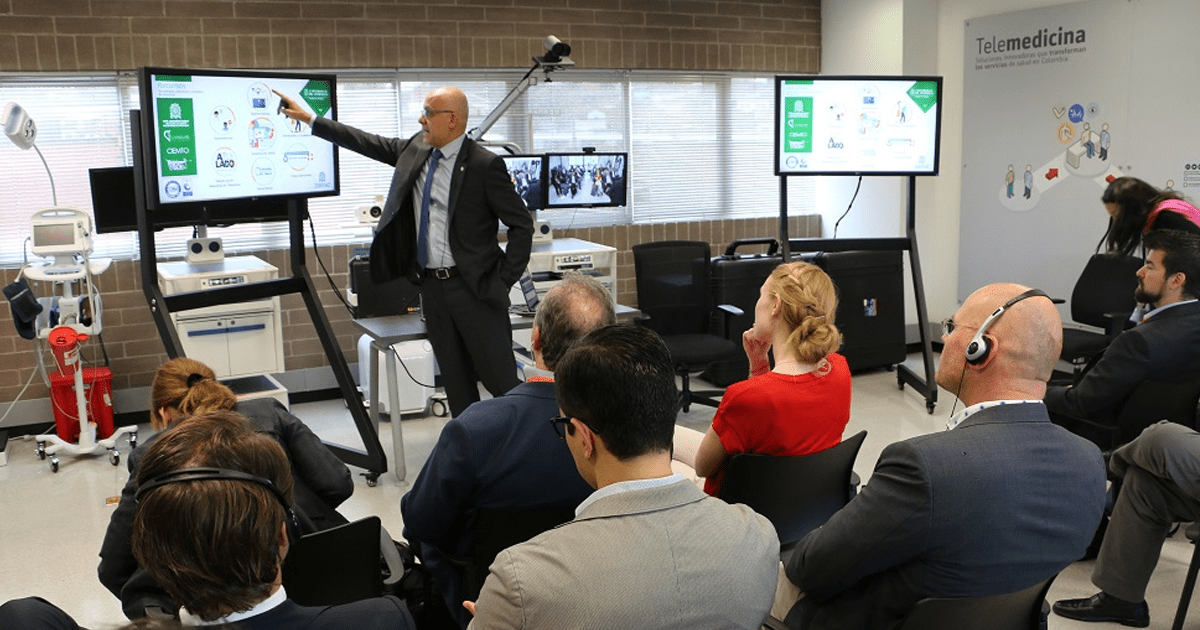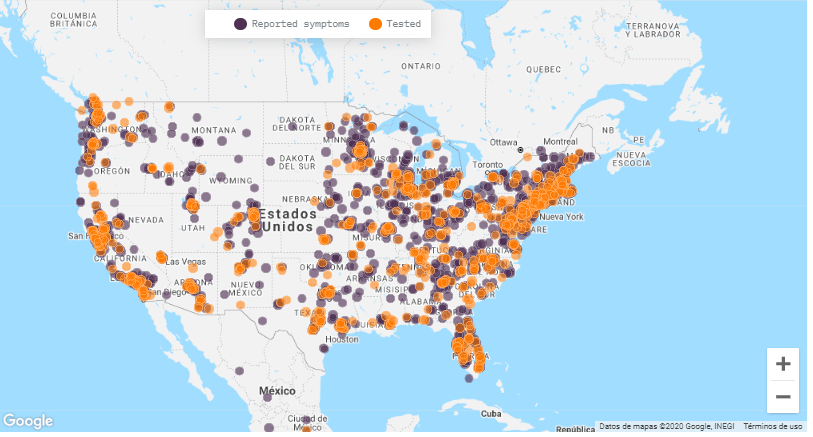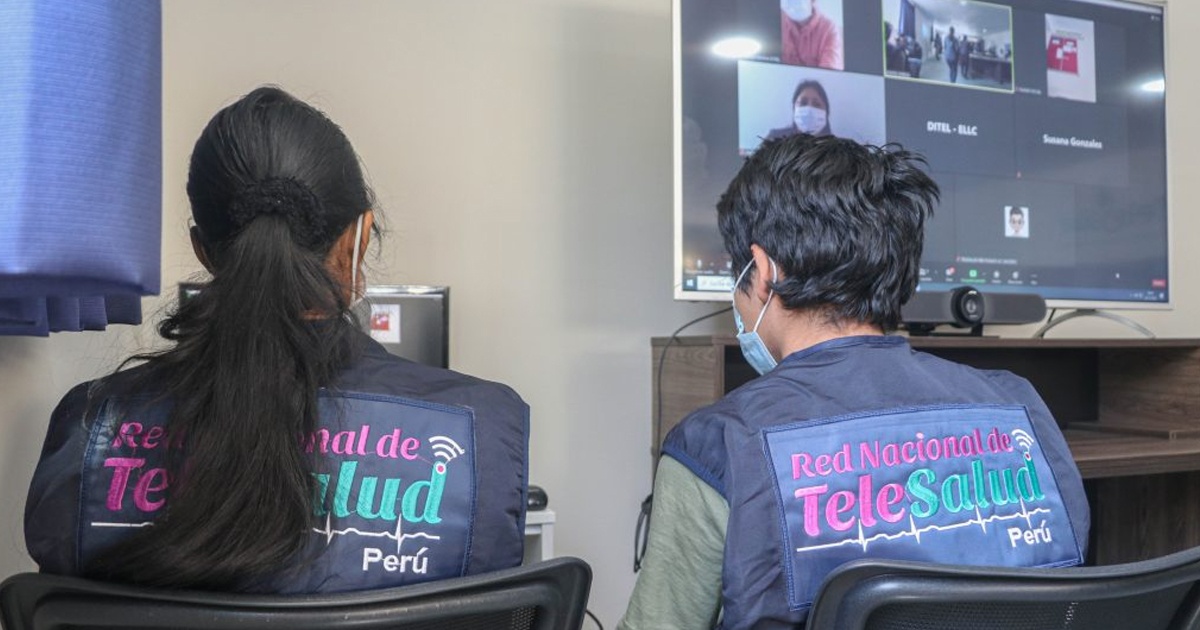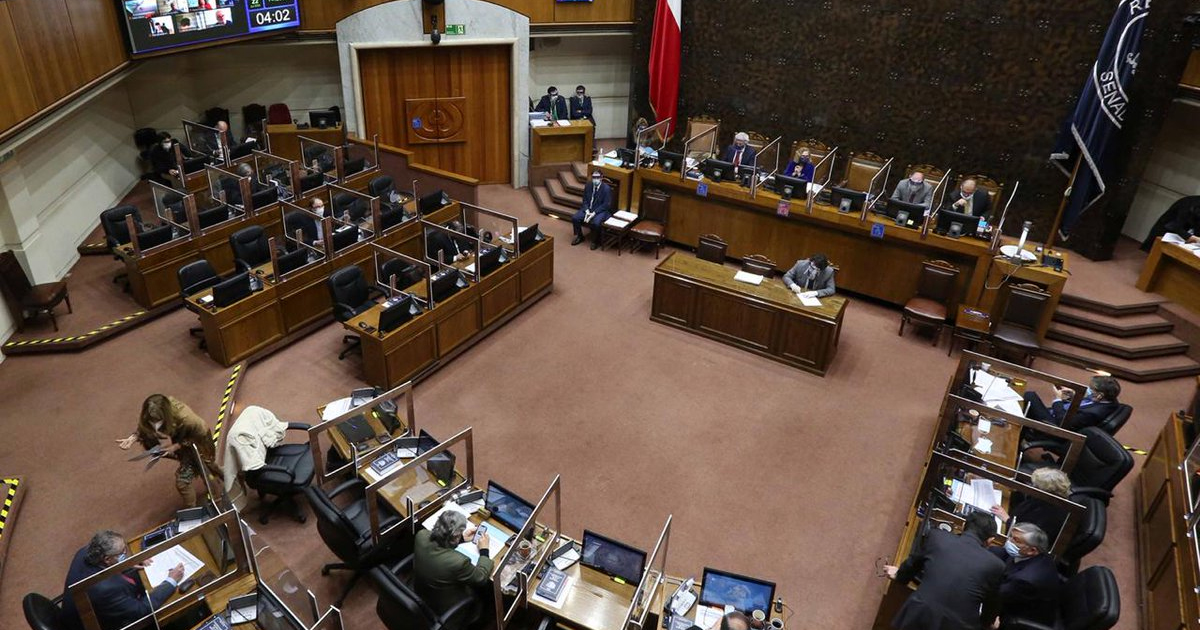Researchers from the Computing Department of the Center for Research and Advanced Studies (Cinvestav) developed a mobile application to identify risk areas for COVID-19 in closed environments.
Brisbane Ovilla Martínez and Cuauhtémoc Mancillas López, from the Computer Department of the Cinvestav Zacatenco unit, developed a bluetooth-based mobile app to identify COVID-19 risk areas in closed communities, as well as an alert system for users in case of possible contact with infected people.
In the first place, the system consists of the installation of several beacon or beacons, in closed spaces such as hospitals, offices, universities, among others. Beacons are devices that are smaller than the palm of a hand and their function is to emit a signal via bluetooth.
Second, the researchers developed the Applacovid mobile application, which must be downloaded by health professionals, students, teachers or workers, as the case may be. Through the app they can report if they are infected with COVID-19, and the signal will be issued through the beacon, alerting other users about a possible contagion.
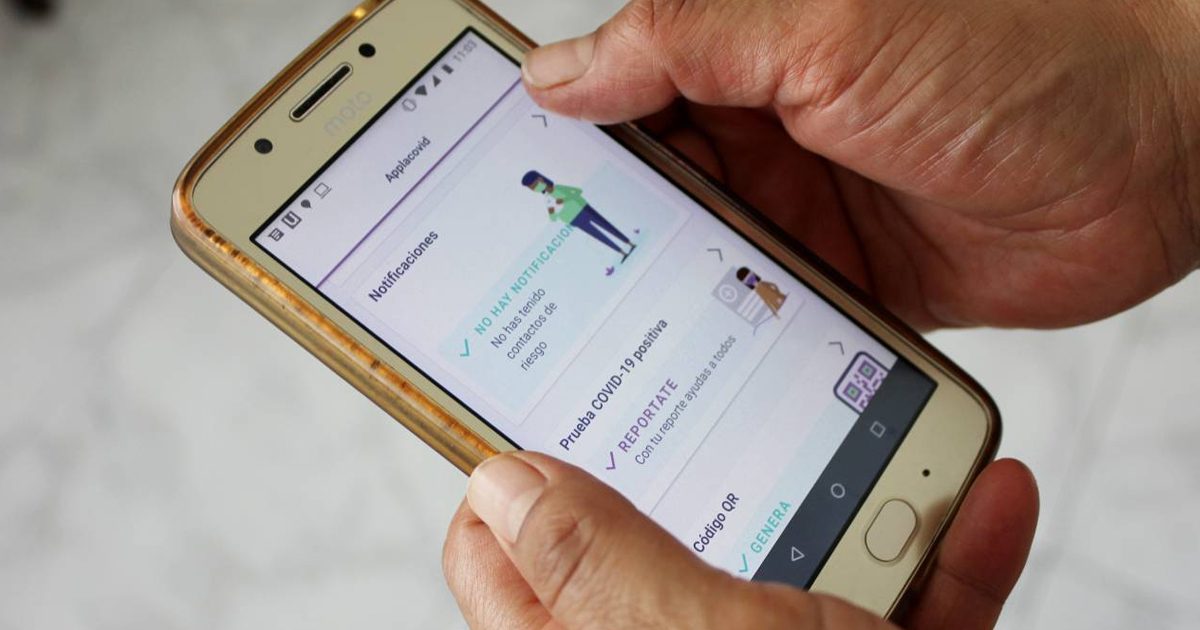
“The community in which Applacovid is available can collaborate with the system by installing the application and carrying the phone at all times; Applacovid detects the presence of other nearby mobile phones that have also installed it and exchange anonymous messages to record encounters that could represent a risk of contagion, in the event that the person found is diagnosed with COVID-19”, explains Cinvestav. .
In this way, when a person indicates that they are infected with COVID-19, the authorities of the space where this system is applied, can identify the places within the property where this person was. Thus, resources can be directed in a better way, and determine exactly who is tested for COVID-19, to detect suspected cases quickly and prevent further infections.
“In the new normality, interaction with asymptomatic patients carrying COVID-19 is inevitable, whether in the workplace, school, university campus or hospital; therefore, it is necessary to have technological tools that allow users of the app and community authorities to be notified of possible contacts with carriers of the infection,” explained Mancillas López.
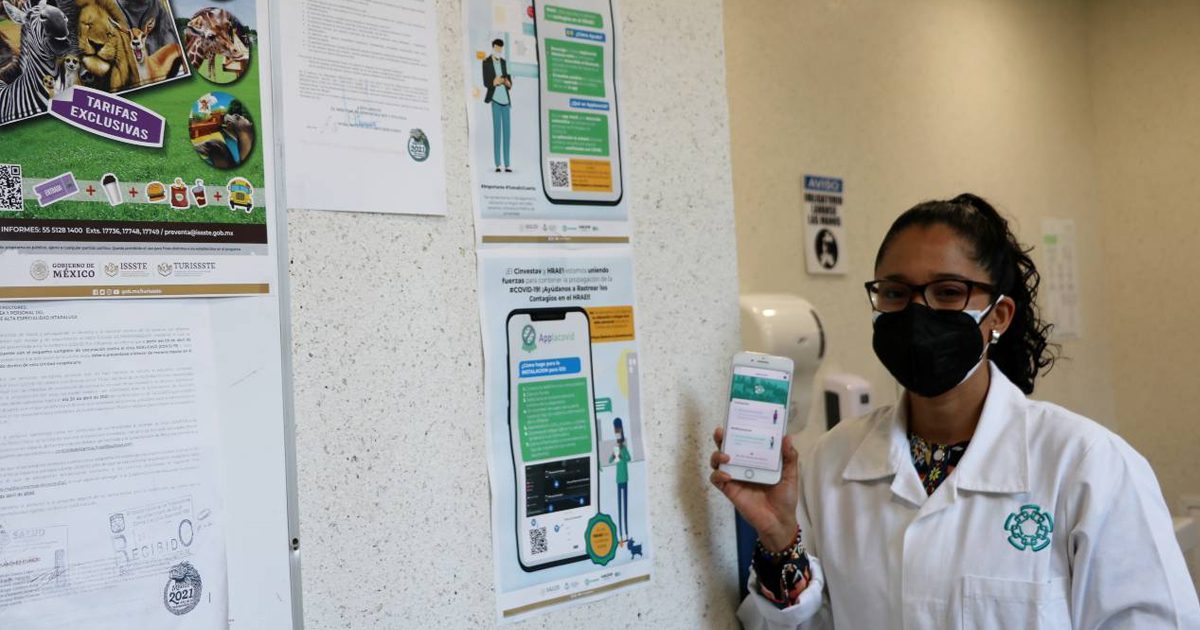
Likewise, if a person with whom a user had contact becomes infected, the Applacovid system will also notify them. User privacy is protected at all times, since all data collected by the app is anonymous and does not record names or personal data of users.
This project was promoted by the Mexican Association for International Cooperation for Development, and has been installed in the High Specialty Regional Hospital of Ixtapaluca and will be installed in the National Medical Center November 20, Juárez Hospital, Civil Hospital of Guadalajara and two more hospitals. in Monterrey and Merida.


